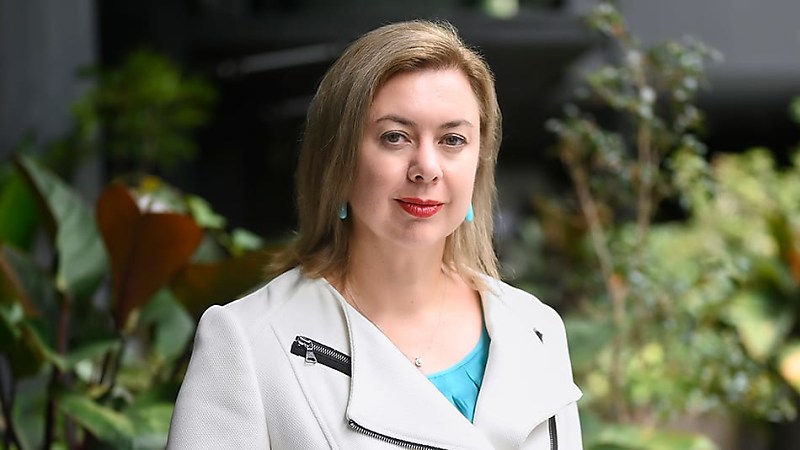JAWG pushes for more ‘flexible’ adviser education standards
The Joint Associations Working Group (JAWG) has put forward “core principles” to improve the pathways for new advisers to enter the profession.
In what the group said was a unified response from the financial advice sector “in response to declining numbers of financial advisers”, the Joint Associations Working Group (JAWG) has proposed some core principles to strengthen the education standard for new entrants to the financial advice profession.
JAWG, a coalition of the Financial Advice Association Australia (FAAA), the Financial Services Council (FSC), and 10 other professional bodies and associations, said that the principles aim to enhance the flexibility of the education standard for new entrants while maintaining professional standards.
It said that the proposal builds on the August 2022 Treasury consultation paper and includes the following key elements:
- Five core knowledge areas with a further three elective knowledge areas to be chosen from a broad list that recognises different streams of financial advice. Examples of elective knowledge areas could include SMSF advice, portfolio management, and aged care.
- The ability to complete study units across multiple programs that can be supplemented by bridging units either contemporaneously or later if required.
- The curriculum is to be set and maintained by a broadly representative advisory group, including representatives from associations and academia.
JAWG added that talks are underway with Treasury to work on refining the proposal.
“The joint position of the advice associations sector has been welcomed by the government, and JAWG members have met with Treasury to commence discussions on the proposal to refine in further detail, and JAWG looks forward to collaborating broadly with the sector to ensure education requirements ultimately support more new entrants into the profession,” it said.
According to the group, the number of financial advisers has reduced by 46 per cent since the peak in 2019, and only 381 new entrants joined and remained in the profession in 2023.
“With access to financial advice increasingly out of reach for many Australians, encouraging more advisers to the profession is now vital,” JAWG said.
“Only a small number of tertiary educators offer financial planning studies, with many already reducing their courses.”
The JAWG proposal would see the minimum requirement for new entrants remain a tertiary degree, with the existing approved programs remaining valid and available.
“This proposal gives new entrants and career changers greater flexibility by recognising more of their pre-existing degree courses while maintaining appropriate qualification levels to ensure consumer protection,” it said
Improving the pathway for new entrants to join the advice profession is a hot-button topic, with FAAA chief executive Sarah Abood, speaking at a Kaplan event in Sydney last month, announcing that the organisations are working on an Advice Academy to address the shortfall of financial advisers in Australia.
“At the moment, we’ve got about one adviser for every 1,695 Australians,” Abood said.
“That’s now, that’s not looking at what we’re going to see in the next few years as more and more Australians retire.
“In 2030, we’ll move to about 136,000 Australians retiring every single year. If you think about the numbers and what that means for financial advisers, we already have far more demand than we can cope with, and that’s going to continue to increase.”








